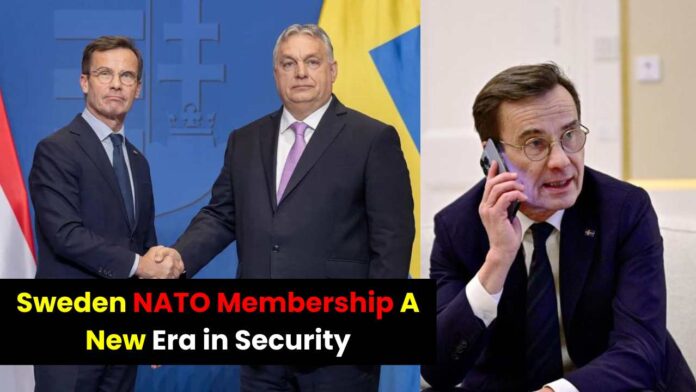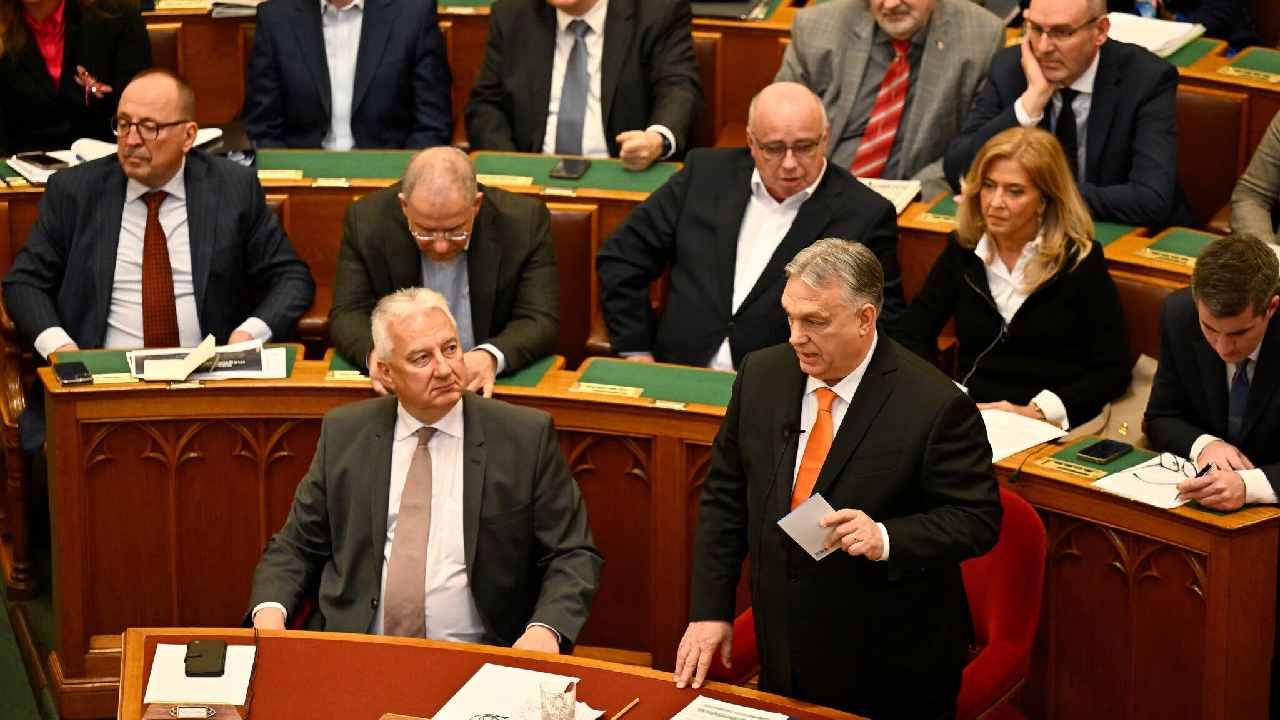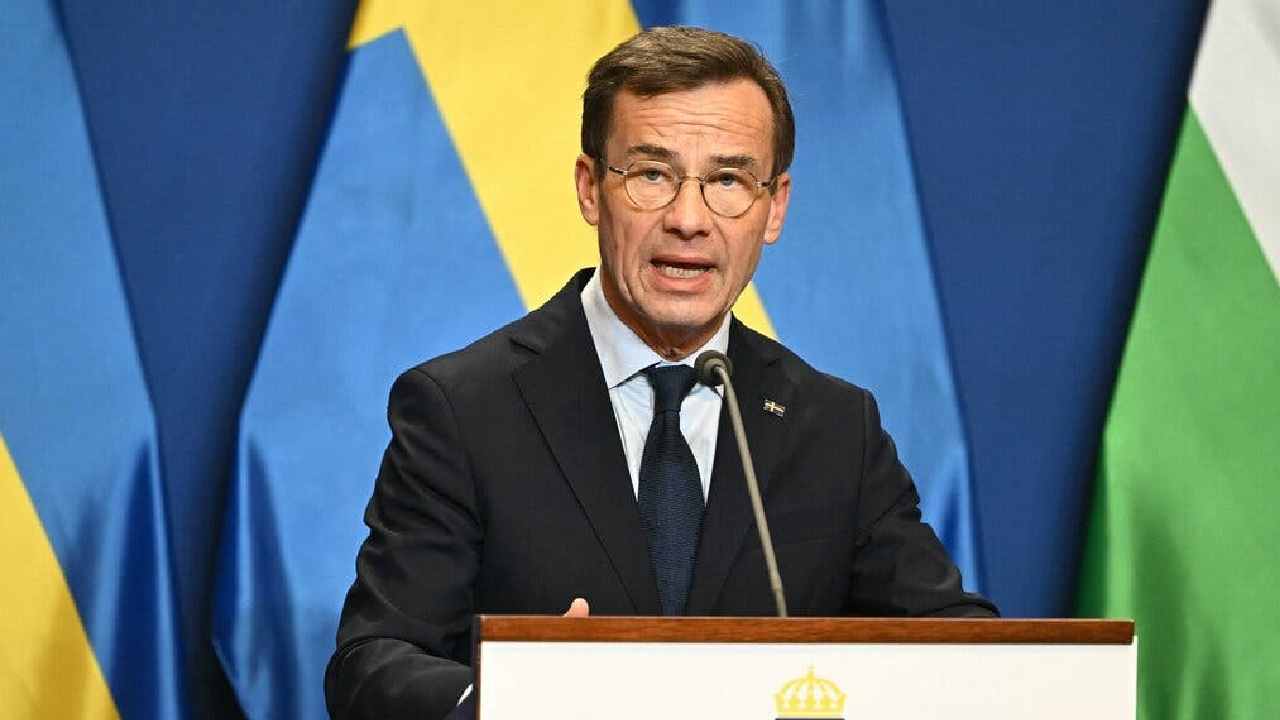Sweden’s recent accession to NATO marks a significant shift in its security stance. While some view it as a necessary step in a changing geopolitical landscape, others fear it alters Sweden’s traditional identity as a neutral peacekeeper.
End of an Era:
- Sweden’s decision to join North Atlantic Treaty Organization ends a 200-year period of military self-reliance and neutrality.
- The choice came after Russia’s invasion of Ukraine in February 2022, posing a threat to Sweden’s security.
Concerns and Controversies:
- Despite NATO membership seeming logical for security, some Swedes worry about the implications for their national identity.
- Kerstin Bergea from the Swedish Peace and Arbitration Society voices concerns about Sweden’s historic role in peace and disarmament.
A Legacy of Neutrality:
- Sweden’s neutrality allowed it to play influential roles in global conflicts, advocating for peace and human rights.
- Figures like Dag Hammarskjold and Olof Palme exemplified Sweden’s moral stance on the international stage.
Shifts in Foreign Policy:
- Joining NATO might limit Sweden’s autonomy and force alignment with allies’ interests.
- Tougher stance on issues like Kurdish militants and resumed arms exports to Turkey demonstrate changes in policy due to North Atlantic Treaty Organization membership.
Balancing Act:
- Sweden’s neutrality evolved over centuries, blending principle with pragmatism.
- From aiding Nazi Germany in World War II to collaborating with the US during the Cold War, Sweden’s policies adapted to changing global dynamics.
Buying Insurance:
- For Sweden, NATO membership is akin to purchasing security insurance, particularly in the face of rising aggression.
- The alliance’s Article 5 ensures collective defense, providing a safety net against potential threats.
Shifting Public Opinion:
- Opinion polls indicate growing support for NATO membership in Sweden, driven by concerns over regional security.
- Finland’s decision to join NATO also influences public sentiment in Sweden.





